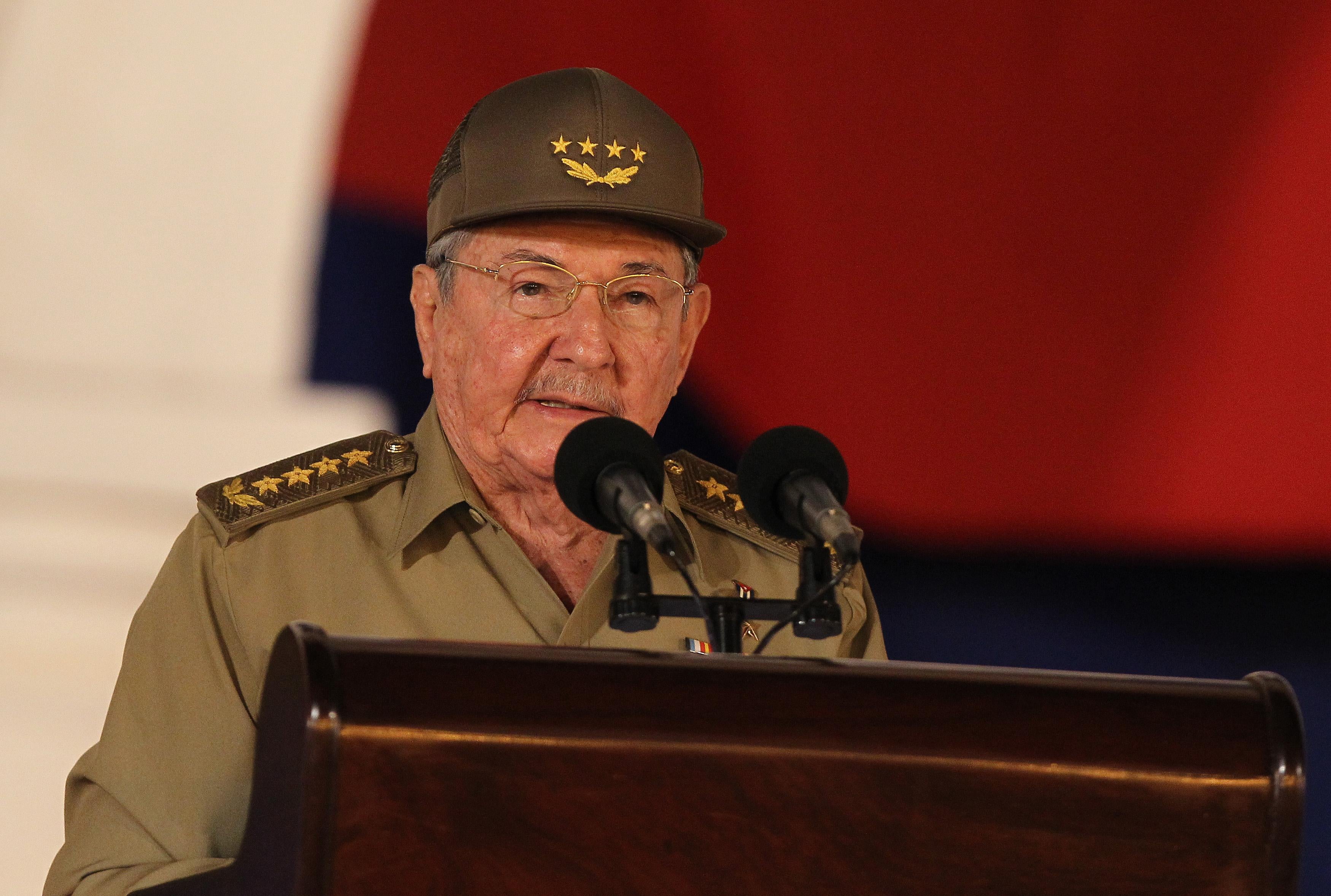A new Atlantic Council poll finds that 56 percent of Americans favor normalizing U.S. relations with Cuba. In Florida, traditionally considered the bastion of vehemently anti-Castro Cuban voters, it’s 63 percent. In Miami it’s 64. Democrats show greater support for lifting the embargo, but even 52 percent of Republicans now want normalization. A much smaller sample of voters of Cuban descent shows support for normalization over 70 percent.
Numbers like these are why politicians like Florida gubernatorial candidate Charlie Crist feel comfortable publicly stating that the half-century-old embargo has been ineffective, as he did last Friday. But it’s also important to keep the enthusiasm gap in mind here.
A majority of Americans, and even a majority of Cuban-Americans in Florida (who also supported Barack Obama over Mitt Romney in the last election), may now oppose the embargo, but older voters with visceral personal experience of Castro’s Cuba feel more strongly about it. The number of people whose votes and donations are determined by their support for the embargo may be dwindling, but it’s probably still greater than the number whose vote and donations are determined by opposition to it.
Still, the numbers indicate the downside isn’t as bad as it once was. The reactions to Obama’s handshake with Raúl Castro turned out to be fairly mild. Could something more dramatic be coming?
